The Republican People’s Party (CHP) managed to achieve a noticeable electoral victory against the ruling Justice and Development Party (AKP) in the latest local elections that were held on 31 March 2024. However, the joy of victory did not last long, as the Mayor of Istanbul, Ekrem İmamoğlu, was arrested for corruption charges before being ousted from his position as the Mayor of Istanbul. The investigation into corruption charges revealed that the CHP leadership elections held on 4–5 November 2023, which resulted in the election of Özgür Özel as the party’s leader, might have involved illegal activities that could have jeopardised the transparency of the outcome. As a result, the Turkish judiciary is investigating this issue at the moment. On Monday, Sept. 15 2025, a Turkish court in Ankara held a hearing in a case questioning the legitimacy of the CHP’s 2023 leadership election (the 38th Congress), alleging irregularities like vote-buying, meaning that the outcome of the CHP leadership elections may be invalidated. If it happens, the impact on the CHP and electoral map in Turkey could be massive.
Possible Invalidation
There is a possibility that the Turkish court may invalidate the elections that brought Özgür Özel into the leadership of the CHP. If the outcome of elections is invalidated, there are two possible solutions to fill the leadership gap within the CHP. One possibility is to reinstate Kemal Kılıçdaroğlu as the temporary president of the party until new elections are organised. This outcome would restore leadership to a figure with experience but also with a record of repeated electoral failures. Kilicdaroglu’s most notable failure was his defeat in the 2023 presidential elections against Turkish President Recep Tayyip Erdoğan.
While Kilicdaroglu’s return would be welcomed by many of the CHP’s members, it might be a step back for others who believe that Kilicdaroglu is not the proper leader for the party. The second possible option might be appointing another figure from the CHP as a temporary leader until new elections are held. In both cases, the CHP’s autonomy would appear weakened, and the legitimacy of its leadership may be further compromised.
Potential Implications
Invalidating the elections of the current leaders may have severe consequences. Firstly, the party’s image as a democratic and transparent alternative to the AKP would be badly damaged. If the party cannot hold internal fair and transparent elections to choose its own leader, then its claim to lead Turkey as a democratic opposition would be undermined. Many voters who once looked to the CHP as a vehicle for change would begin to doubt its capacity to govern effectively.
Secondly, invalidation would sharpen polarisation and division within the party. The arrest of İmamoğlu, due to corruption charges, created frustration among his supporters, who accused the CHP leadership of failing to protect him. If the court now intervenes to overturn the leadership outcome, the rivalry between İmamoğlu’s camp and Kılıçdaroğlu’s camp could harden into open confrontation, which may later lead to dividing the party into two parties or at least pushing members to fragment due to their dissatisfaction with how the party is being managed. This means that there is a possibility that İmamoğlu followers may split and form a new party similar to what Muharrem İnce (former CHP presidential candidate in 2018) did when he fragmented and formed a new political party, known as the Homeland Party, in 2021. This potential dissension would weaken the CHP’s internal cohesion and reduce its ability to compete as a united front against the AKP.
Thirdly, the CHP would face organisational paralysis. Instead of focusing on national campaigns or policy development, it would be trapped in debates over leadership and legitimacy. Time, resources, and energy would be consumed by internal battles and legal wrangling. Meanwhile, the AKP would continue to operate with a disciplined structure, exploiting the CHP’s distraction. Hence, the chances of the CHP remaining the second largest party in Turkey will be threatened. Incidents of fragmentation are clear in Turkey. For instance, the Good Party (IYI) fragmented from the National Movement Party (MHP) due to the latter’s alliance with the AKP, which indicates that the same may happen with the CHP.
For the AKP, such a crisis inside the CHP would be advantageous. It would allow the ruling party to frame the CHP as disorganised and incapable of self-governance. This narrative would appeal to undecided voters who place a high value on stability, especially during difficult economic times. A divided CHP would also weaken the broader opposition camp, which already struggles to maintain unity. The AKP could seize the opportunity to portray itself as the only reliable governing force while diverting attention away from its own shortcomings in economic management and governance. Through a continuous focus on the CHP failure, the AKP would shift public debate away from economic challenges to the failure of the opposition.
The reaction of CHP voters may also be complex. The party’s base is diverse, stretching from urban secular middle-class professionals to leftist activists and even nationalist groups. In the face of election invalidation, many of these voters would lose confidence in the CHP’s ability to rule Turkey and may tend to vote for other opposition parties, such as the Homeland Party and the IYI. Some would simply withdraw from political participation, choosing to abstain from future elections as a form of protest. This dispersal of opposition votes would further reduce the CHP’s central role in the anti-AKP camp. Still, a portion of voters might remain loyal to the CHP out of habit or historical attachment, but their enthusiasm and activism would decline.
The CHP may recognise the consequences on its organisational structure and popularity. As a result, it would portray the invalidation of elections as a governmental attempt to weaken the opposition party after the success they have achieved in the latest local elections. They also may accuse the judiciary of not being independent or serving the AKP governmental agenda. Cooperation between the CHP and other parties may be undermined, as opposition parties would become more cautious in cooperating with the CHP, fearing that instability inside the party could affect them as well.
In conclusion, if the Turkish courts invalidate the CHP elections, the opposition would enter a deep crisis. Whether Kemal Kılıçdaroğlu returns as interim leader or another figure is appointed, the party would lose credibility, face internal fragmentation, and risk alienating its own voter base. The AKP would be the clear beneficiary, using the crisis to reinforce its narrative of being the only stable political force in the country. CHP voters would respond with a mix of abstention, defection, and reluctant loyalty, none of which would give the party the strength it needs to challenge the government effectively. The invalidation would therefore not only be a legal matter but also a turning point in Turkish politics, reshaping the balance of power and further weakening the prospects for democratic competition.
References
Hayatsever, H. (2025). Turkey court delays ruling on opposition leader amid political crisis. Reuters. Accessed on 18 September 2025, https://www.reuters.com/world/middle-east/turkey-court-delays-ruling-opposition-leader-amid-political-crisis-2025-09-15
Reuters. (2025). Turkish court could oust opposition leader in deepening political crisis. Reuters. Accessed on 18 September 2025 https://www.reuters.com/world/middle-east/turkish-court-could-oust-opposition-leader-deepening-political-crisis-2025-09-12
Bianet. (2025). No verdict in case seeking to remove leadership of Turkey’s main opposition. Bianet. Accessed on 17 September 2025. https://bianet.org/haber/court-adjourns-case-seeking-to-remove-leadership-of-turkey-s-main-opposition-311500
Daily Sabah. (2025). Türkiye’s CHP dodges potential loss of chair as key trial adjourned. Daily Sabah. Accessed on 17 September 2025 https://www.dailysabah.com/politics/turkiyes-chp-dodges-potential-loss-of-chair-as-key-trial-adjourned/news/amp
Hürriyet Daily News. (2025). CHP sets schedule for new convention amid lawsuit. Hürriyet Daily News. Accessed on 17 September 2025 . https://www.hurriyetdailynews.com/chp-sets-schedule-for-new-convention-amid-lawsuit-212414
Al-Monitor. (2025). Turkey court ousts main opposition’s Istanbul head over congress irregularities. Al-Monitor. Accessed on 17 September 2025. https://www.al-monitor.com/originals/2025/09/turkish-court-ousts-main-oppositions-istanbul-head-over-congress-irregularities
The Guardian. (2025). Istanbul mayor detained in corruption probe as opposition faces crackdown. The Guardian. Accessed on 18 September 2025. https://www.theguardian.com/world/2025/sep/13/turkish-mayor-hasan-mutlu-detained-corruption-probe-opposition-crackdown





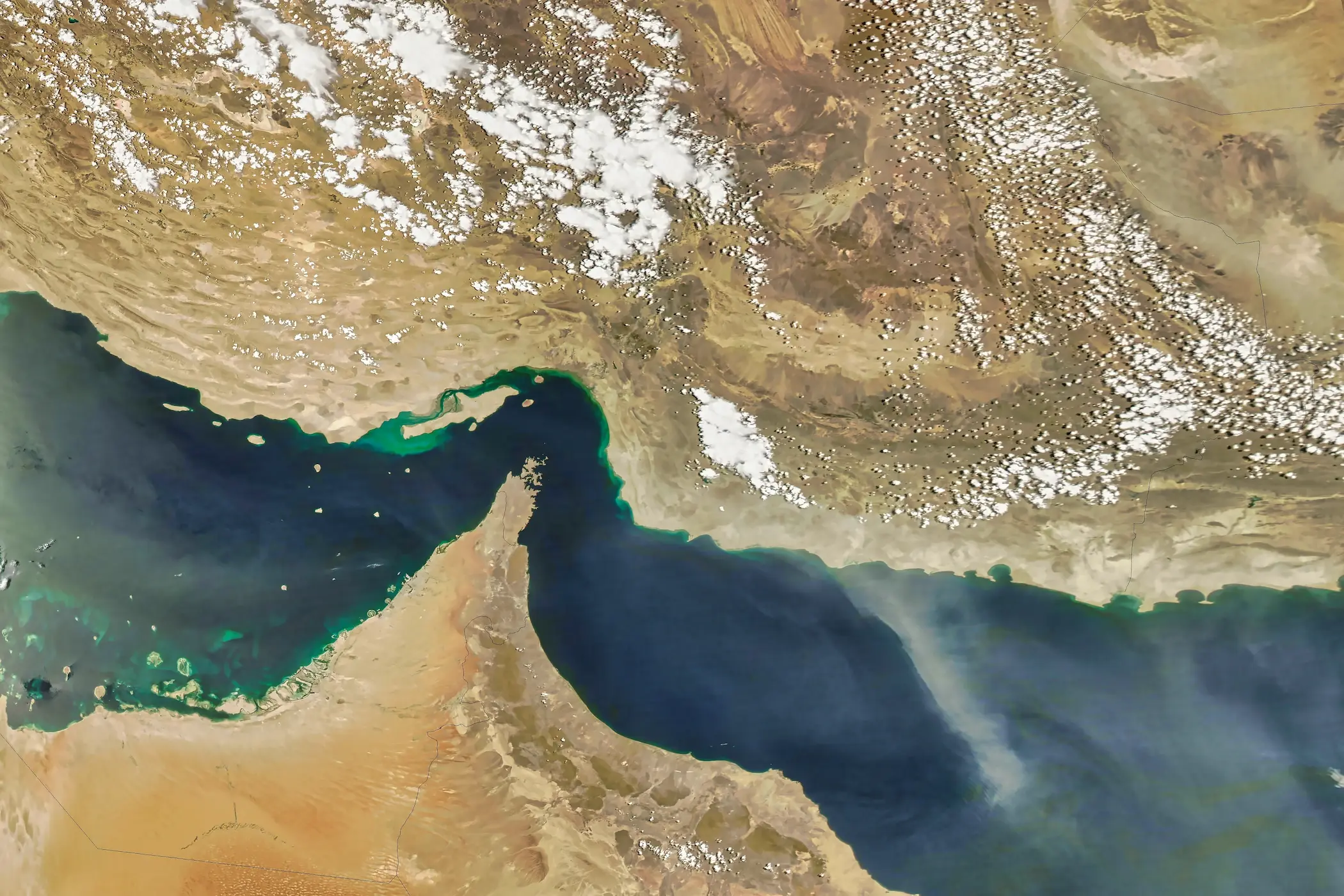

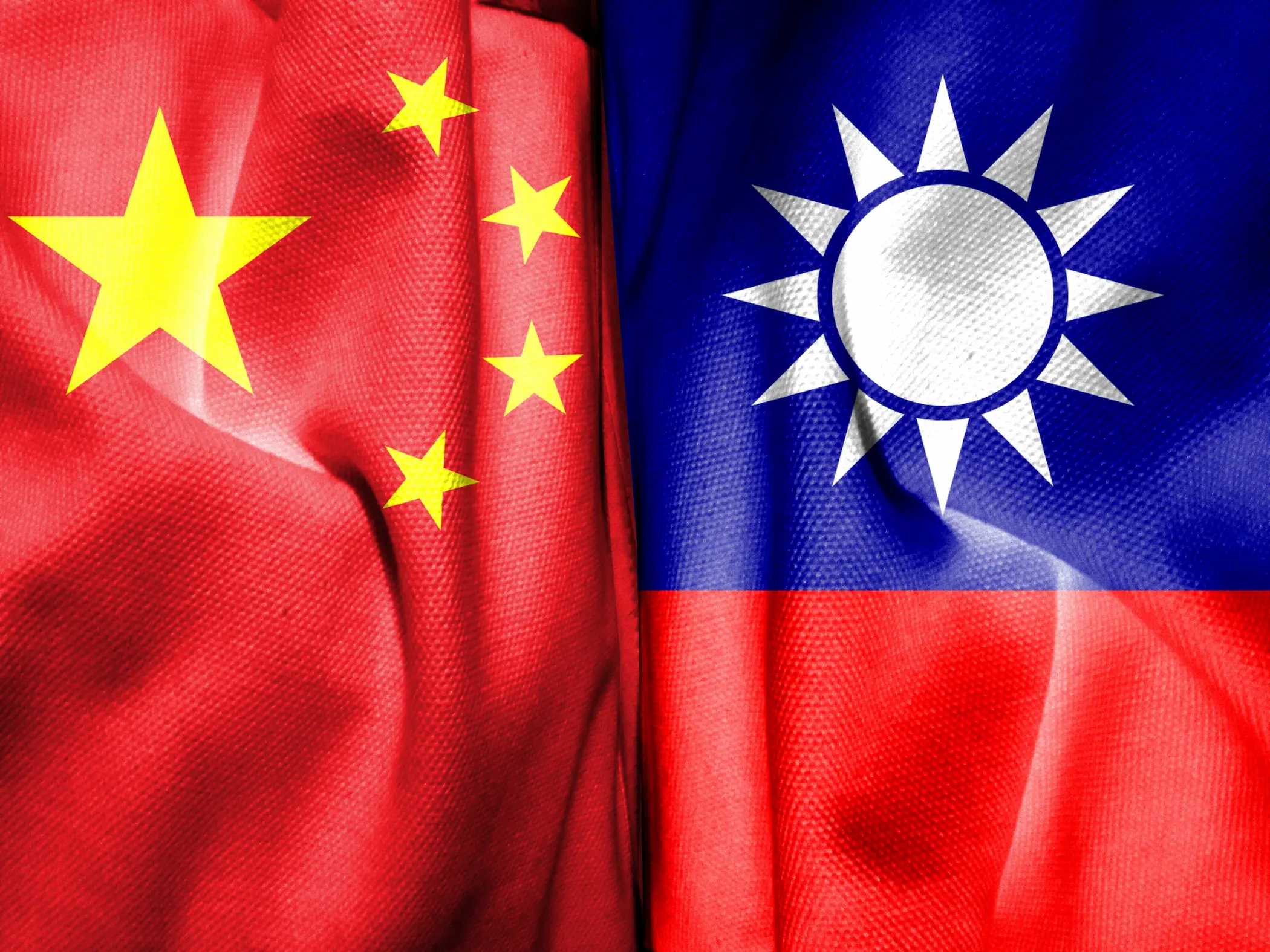
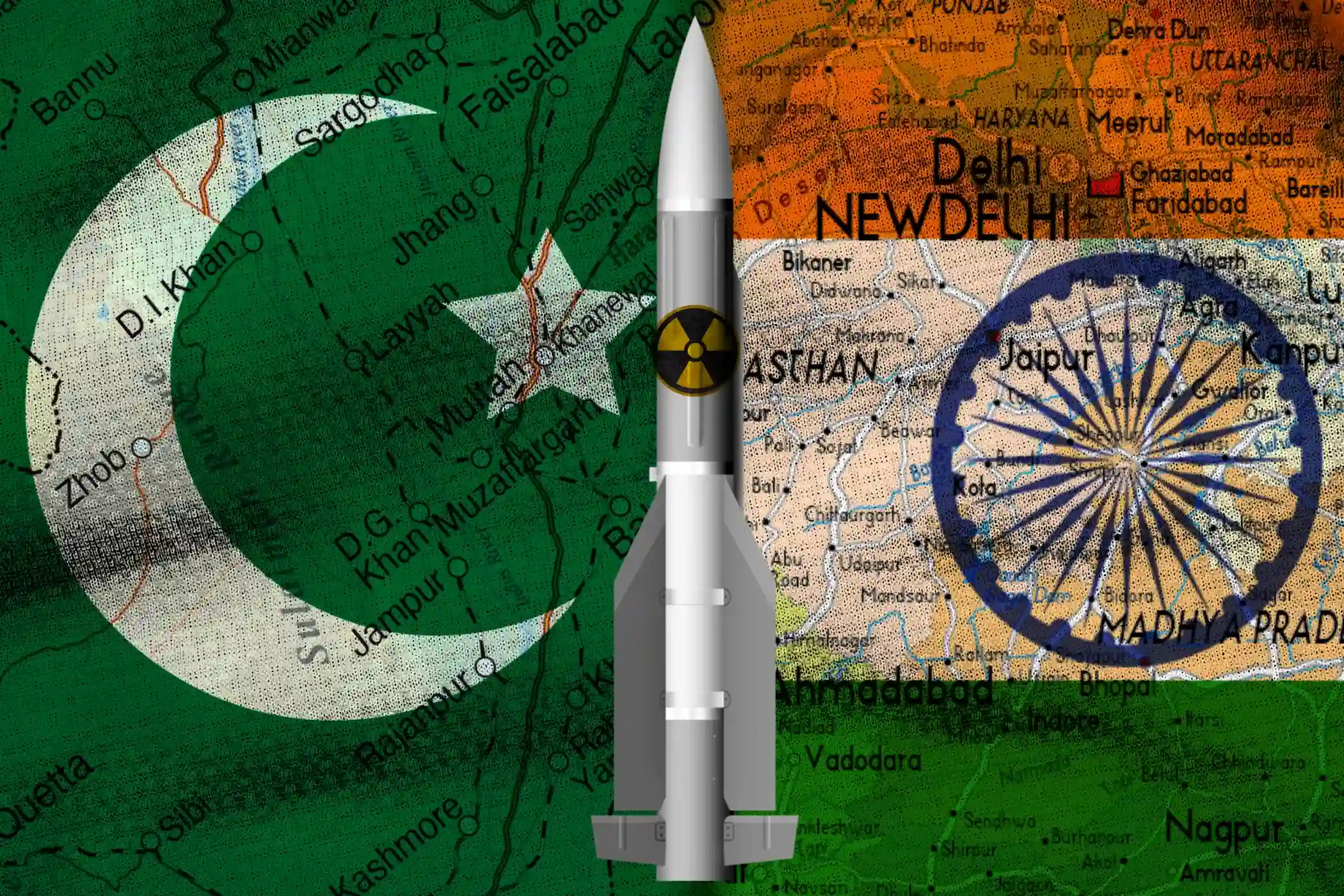






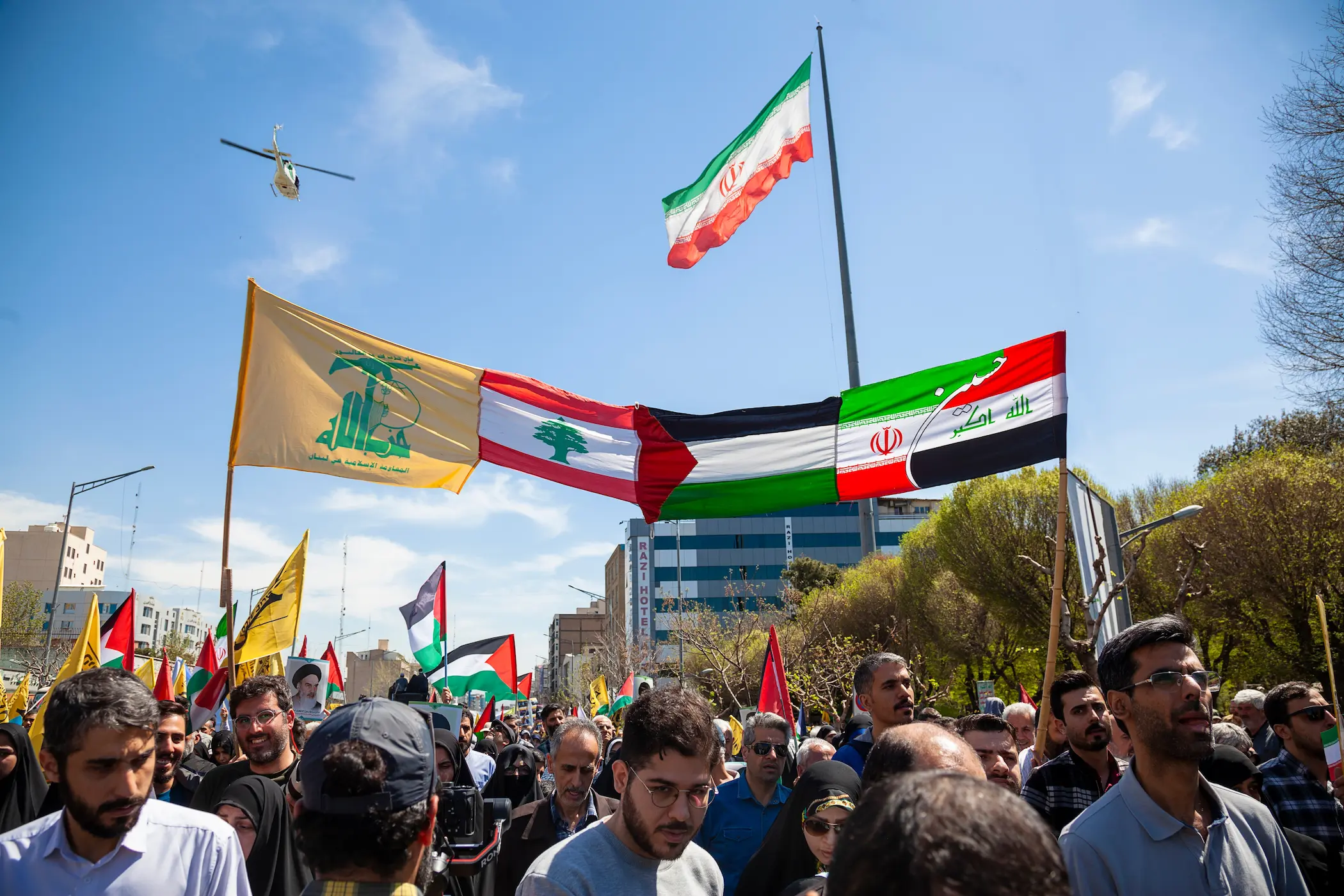


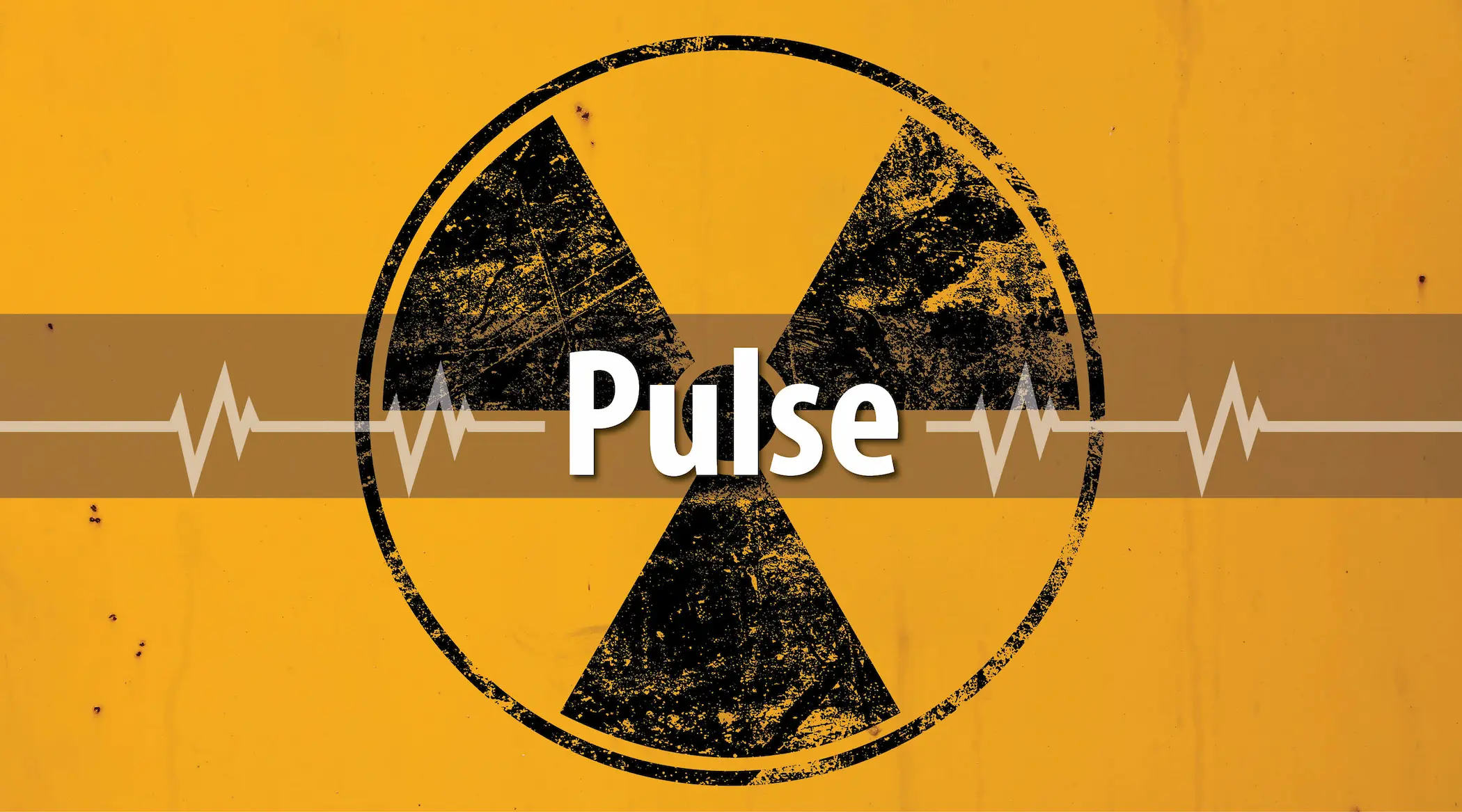

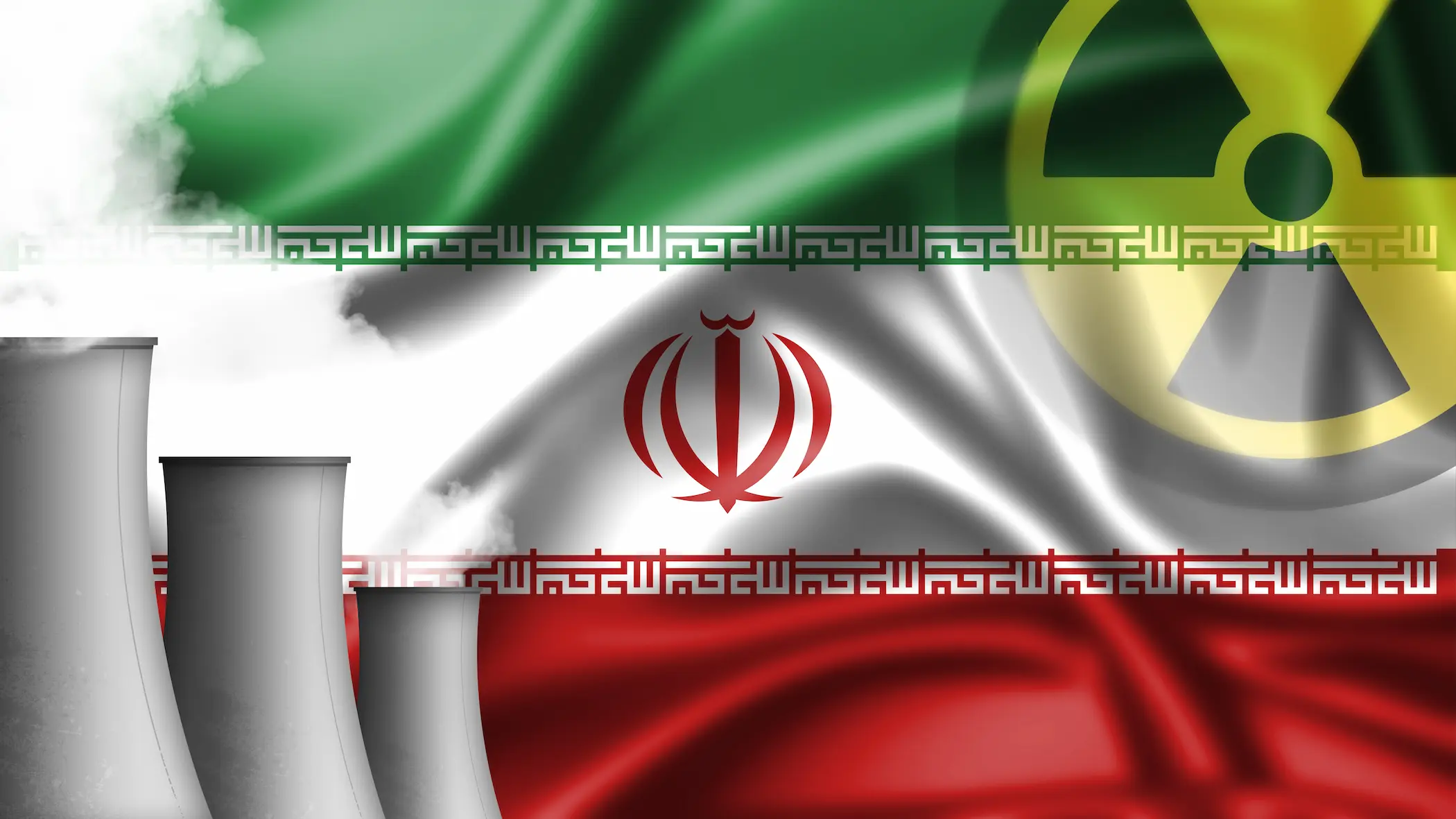

Comments